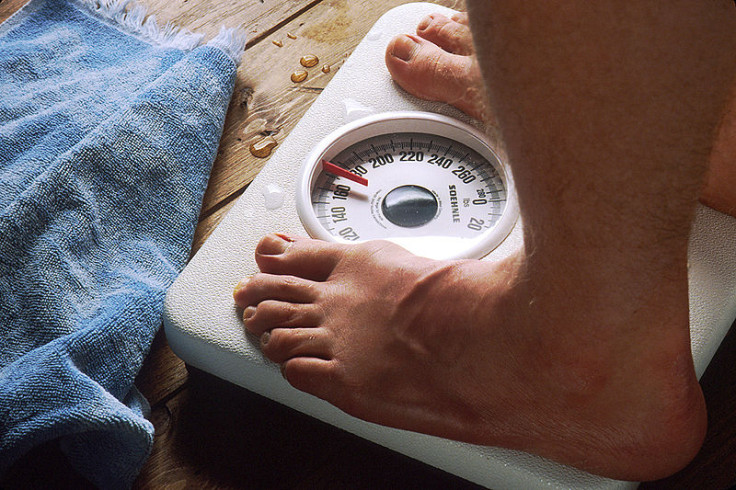Scientists Discover Best Way to Lose Weight Without Exercise - Sit in the Cold

With a recent report highlighting an impending obesity crisis in the UK, researchers have put forward an easy, free and sustainable method of losing weight – being cold.
According to researchers writing in the Cell Press publication Trends in Endocrinology & Metabolism, regular exposure to mildly cold temperatures is a healthy and sustainable way of losing weight.
Warm homes and offices are, in part, responsible for people getting fatter, they added.
First author Wouter van Marken Lichtenbelt, of Maastricht University Medical Centre in the Netherlands, said: "Since most of us are exposed to indoor conditions 90% of the time, it is worth exploring health aspects of ambient temperatures. What would it mean if we let our bodies work again to control body temperature?
"We hypothesise that the thermal environment affects human health and more specifically that frequent mild cold exposure can significantly affect our energy expenditure over sustained time periods."

Over the last 10 years, Lichtenbelt's team have studied how cold can affect the body. Past studies on temperature have always focused on extreme circumstances, such as in military or firefighting scenarios.
In its research, the team discovered that when the body generates heat, it burns fat. While long-term effects of being cold require further investigation, a research team from Japan found there was a reduction in body fat after people spent two hours per day for six weeks in 17C temperatures.
Marken Lichtenbelt also found that people got used to the cold. After six hours per day over 10 days, people felt more comfortable and shivered less in 15C.
They believe non-shivering heat production can account for up to 30% of the body's energy budget, meaning lower temperatures can significantly affect how much energy a person uses in a day.
However, they also warn that turning the air-conditioning down 10C may lead to some problems: "Indoor temperature in most buildings is regulated to minimise the percentage of people dissatisfied. This results in relatively high indoor temperatures in wintertime.
"This is evident in offices, in dwellings and is most pronounced in care centres and hospitals. By lack of exposure to a varied ambient temperature, whole populations may be prone to develop diseases like obesity. In addition, people become vulnerable to sudden changes in ambient temperature."
© Copyright IBTimes 2025. All rights reserved.






















